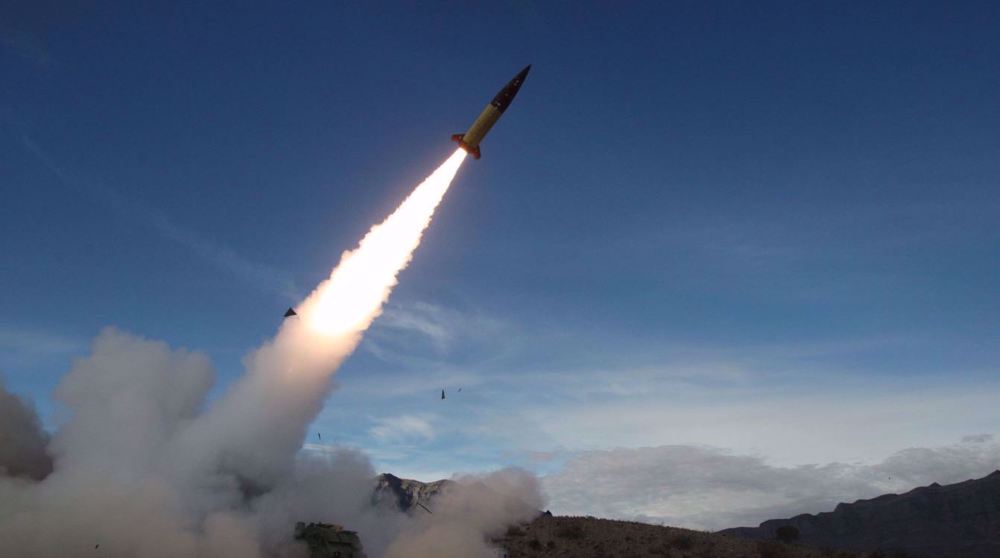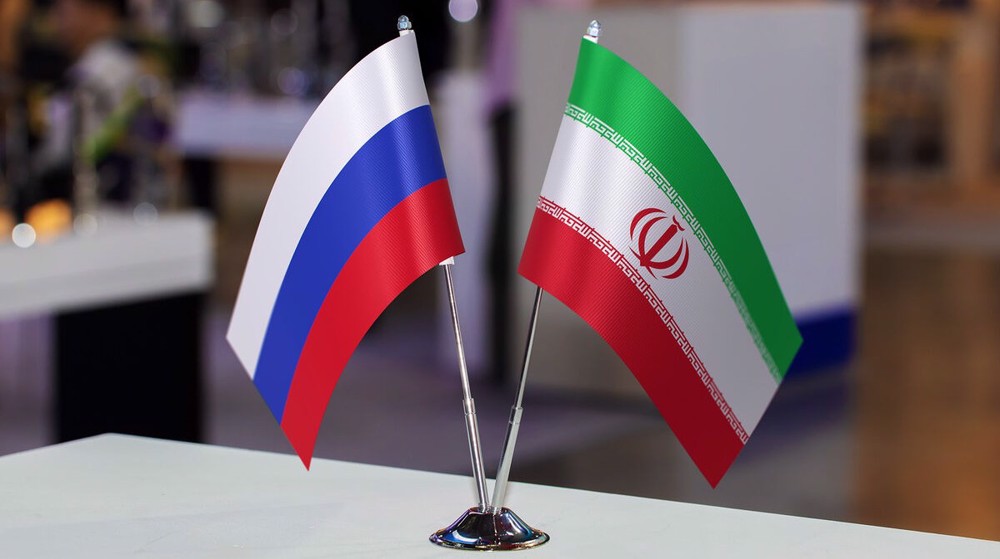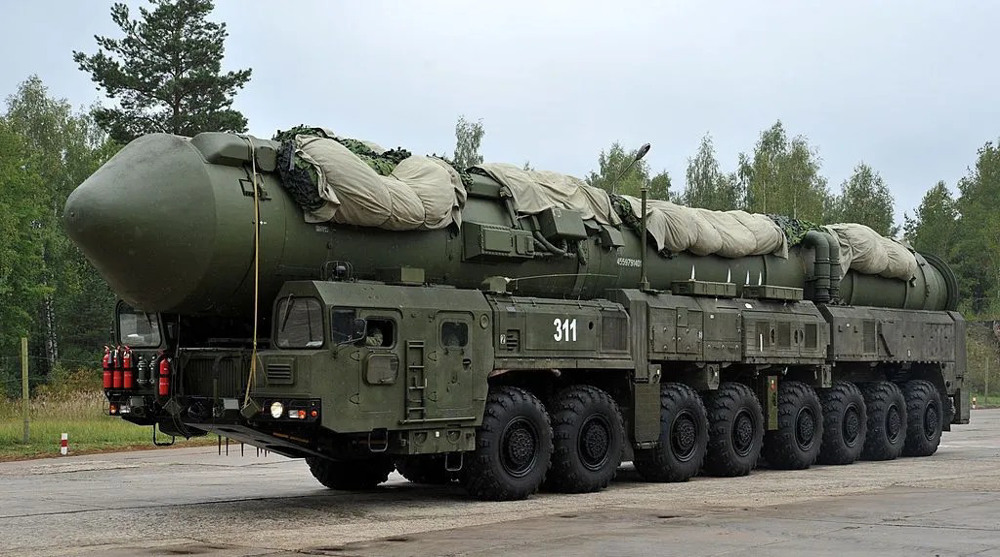Russia warns Denmark against joining NATO missile system
Russia has warned Denmark against joining NATO’s missile defense system, saying Moscow considers the move as a threat.
In an op-ed piece published in Danish newspaper, Jyllands-Posten, the Russian ambassador to Copenhagen warned the Scandinavian country’s officials of the consequences of joining the system, the DPA reported on Saturday.
"I don't think that the Danes are fully aware of the consequences if Denmark joins the US-led missile defense system," said Mikhail Vanin, adding that if such a plan is implemented, "Denmark would become part of the threat against Russia, it would be less peaceful and relations with Russia will be harmed."
The Russian diplomat also stated that the plan would render Danish naval vessels “targets for Russian nuclear missiles.”
Copenhagen’s reaction
In response, the Danish foreign minister denounced Vanin’s remarks as “unacceptable,” adding that NATO’s missile system is intended for defensive purposes and poses no threat to Russia’s security.

"We disagree on many points with Russia, but it is important that the tone does not escalate," Martin Lidegaard noted.
The chairman of the Danish parliament’s Foreign Policy Committee also slammed Vanin’s stance as interference in Denmark’s defense strategy.
"The missile shield is against rogue states and individuals that could threaten us if they acquire advanced weapons," Mette Gjerskov said, adding, "It has nothing to do with Russia."

In August 2014, Denmark said it plans to join NATO’s missile shield.
Frayed NATO-Moscow ties
NATO-Moscow relations have been extremely tense in recent months. NATO and Kiev accuse the Kremlin of supporting pro-Russia forces in east Ukraine. Russia categorically denies the allegations, saying NATO is responsible for the flare-up in Ukraine.

The two mainly Russian-speaking regions of Donetsk and Lugansk in eastern Ukraine have been the scene of deadly clashes between pro-Russia protesters and the Ukrainian army since Kiev’s military operation started in April 2014 in a bid to crush the protests.
Violence intensified in May 2014 after the two flashpoint regions held local referendums in which their residents voted overwhelmingly in favor of independence from Ukraine.
FNR/HMV/SS
A glance at Iran’s path of progress
17 more Palestinians killed in Israeli airstrikes on Gaza school, home
Iran starts feeding gas into new centrifuges after IAEA resolution: AEOI head
Lebanese PM calls on Israel to fully commit to ceasefire, leave Lebanon
14-year-old Palestinian boy Aymah Salaymeh sentenced to 1 year in Israeli prison
Lebanon's humanitarian crisis deepens despite long-overdue ceasefire: NRC
Suicides and broken marriages: Israeli soldiers crumble under weight of war trauma
Gaza’s Islamic Jihad to Hezbollah: We’ll stay united until victory; defeat not an option










 This makes it easy to access the Press TV website
This makes it easy to access the Press TV website